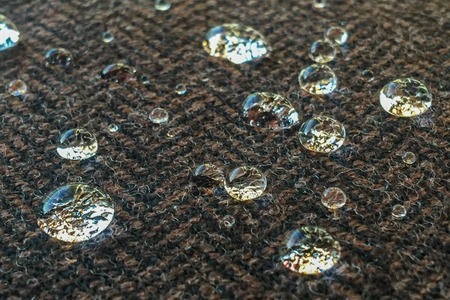
The North Face explores sustainable alternatives with PHA fibers
YarnsandFibers News Bureau 2024-03-04 16:30:30 – USAThe National Renewable Energy Laboratory (NREL) researchers are pioneering a sustainable solution to reduce clothing shedding by exploring polyhydroxyalkanoates (PHAs) as an eco-friendly alternative to petroleum-derived polyester. Partnering with The North Face, the Bio-Optimized Technologies to Keep Thermoplastics out of Landfills and the Environment (Bottle) consortium aims to scale PHA fiber production for use in select outdoor apparel lines.
Katrina Knauer, chief technology officer of the Bottle Consortium, highlights PHAs' biodegradability and control over microstructure, enabling them to mimic conventional polyester properties while being biobased and easier to recycle. The collaboration between The North Face and Bottle will bring these sustainable materials to the forefront of the outdoor apparel industry, aligning with The North Face's commitment to product circularity and environmental stewardship.
The project prioritizes analyzing the energy and carbon intensity of PHA fiber production and recycling, along with simulating microfiber shedding to measure biodegradation rates. This data will inform The North Face's decision-making process regarding the sustainability of PHA textiles compared to traditional polyester, potentially leading to the release of a line of more sustainable gear. Moreover, Bottle's PHAs are designed for recycling, offering enhanced mechanical toughness and chemical recyclability, contributing to a circular economy for synthetic textiles.
Market Intelligence
Ask for free sample Report

experience
Customer Base
dedicated team
Countries Served Worldwide









